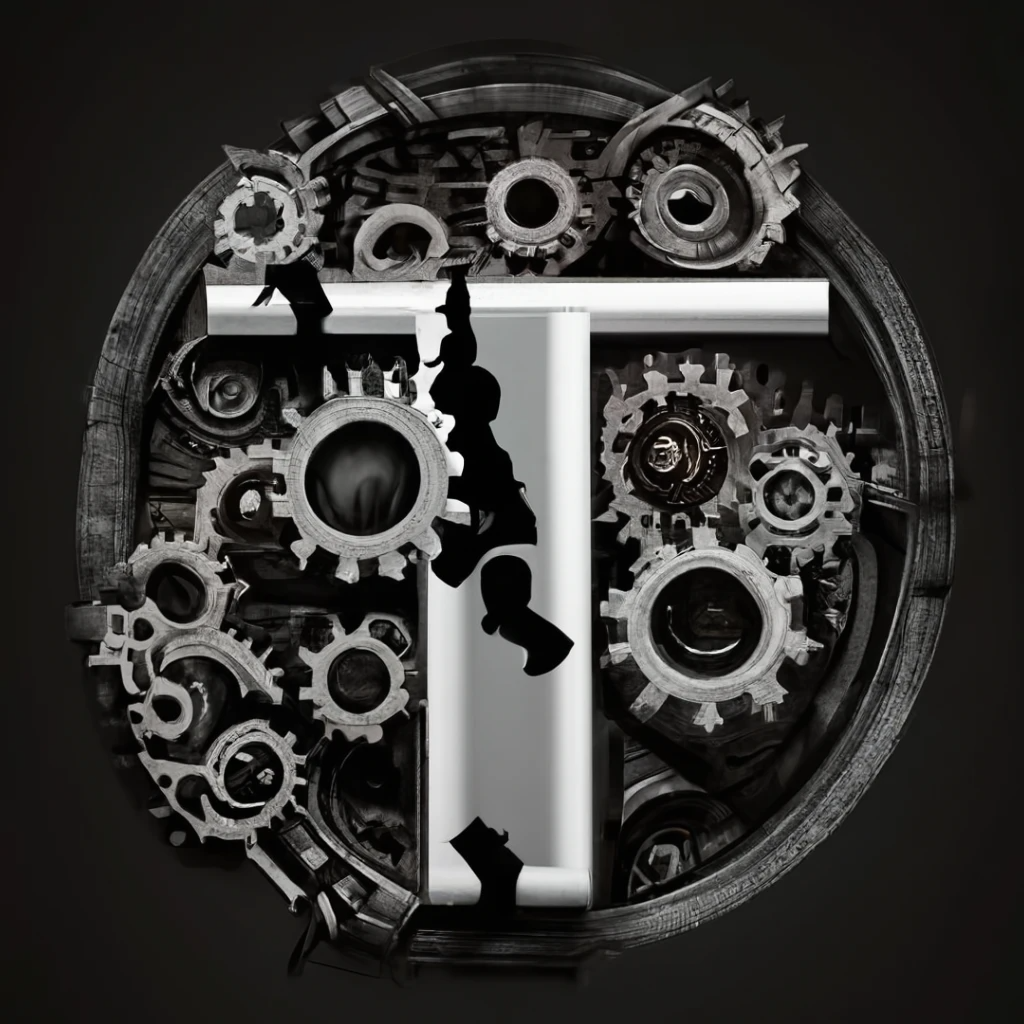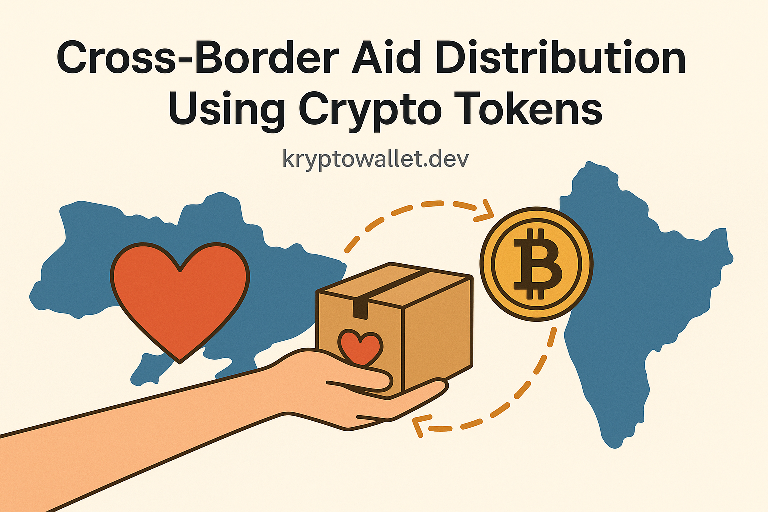In today’s rapidly evolving digital landscape, blockchain wallet technology has emerged as a transformative force, promising to revolutionize numerous industries. At the core of this transformation are blockchain wallets. In this detailed guide, we’ll delve into the intricacies of blockchain wallets, examining their functionalities, security protocols, various types, and their pivotal role in the expanding universe of cryptocurrencies.
Understanding Blockchain Wallets
A blockchain wallet serves as a secure digital repository, enabling users to store, send, and receive cryptocurrencies such as Bitcoin, Ethereum, and others. Unlike traditional wallets holding physical currency, blockchain wallets operate on decentralized networks called blockchains. These networks employ cryptographic techniques to ensure the security and integrity of transactions.
Functionality of Blockchain Wallets
Blockchain wallets offer a range of functionalities designed to streamline cryptocurrency transactions. Foremost among these is secure asset storage. Utilizing cryptographic keys, including public and private keys, blockchain wallets authenticate transactions and grant access to funds. Public keys act as receiving addresses, while private keys authorize transactions and provide access to funds.
Another crucial function of blockchain wallets is facilitating cryptocurrency transactions. Users can initiate transactions by specifying the recipient’s wallet address and the desired amount of cryptocurrency. These transactions are then recorded on the blockchain, ensuring transparency and immutability.
Security Features
Security is paramount in blockchain wallets due to the decentralized and irreversible nature of cryptocurrency transactions. To safeguard users‘ funds and sensitive information, blockchain wallets incorporate robust security features. Encryption techniques are employed to protect private keys from unauthorized access and potential cyber threats.
Furthermore, many blockchain wallets offer additional layers of security, such as multi-factor authentication (MFA) and biometric authentication. These measures help mitigate the risk of unauthorized access and bolster the overall security posture of the wallet.
Types of Blockchain Wallets
Blockchain wallets come in various types, each tailored to different user preferences and requirements. The primary differentiation lies in whether the wallet is managed or user-controlled.
Managed Wallets
Managed wallets, also known as custodial wallets, are overseen by third-party service providers like cryptocurrency exchanges or wallet platforms. In this model, users entrust their private keys to the service provider, who assumes responsibility for safeguarding the funds. While managed wallets offer convenience and user-friendly interfaces, users relinquish control over their private keys, posing a higher risk.
User-Controlled Wallets
User-controlled wallets, or non-custodial wallets, provide users with complete control over their private keys and funds. These wallets empower users to manage their cryptocurrency holdings independently, enhancing security and privacy. Non-custodial wallets can further be categorized into software wallets, hardware wallets, and paper wallets.
Software Wallets
Software wallets are applications or programs that run on electronic devices such as smartphones, tablets, or computers. They offer convenience and accessibility, allowing users to manage their cryptocurrency holdings with ease. Examples of software wallets include mobile wallets like Trust Wallet and desktop wallets like Exodus.
Hardware Wallets
Hardware wallets are physical devices specifically designed for offline storage of cryptocurrency keys. They offer enhanced security compared to software wallets, as private keys are stored in a secure hardware environment, isolated from online threats. Notable hardware wallets in the market include Ledger Nano S and Trezor.
Paper Wallets
Paper wallets involve generating and printing cryptocurrency keys onto a physical medium, such as paper or metal. While paper wallets offer an additional layer of security by keeping keys offline, they require careful handling to prevent loss or damage. Paper wallets are considered one of the most secure methods for long-term storage of cryptocurrencies.
The Role of Blockchain Wallets
This kind of wallets play a pivotal role in the broader adoption of cryptocurrencies and blockchain technology. They serve as the gateway for individuals to participate in the digital economy, enabling them to store, transact, and manage their digital assets efficiently.
Moreover, blockchain wallets facilitate the integration of cryptocurrencies into various sectors, including finance, commerce, and decentralized applications (DApps). As blockchain technology continues to evolve and gain traction, the importance of secure and user-friendly wallets becomes increasingly apparent.
Conclusion of blockchain wallet
In conclusion, the wallets serve as fundamental components of the decentralized digital landscape, empowering users to take control of their financial assets and engage in the dynamic world of cryptocurrencies. With their advanced security features, diverse types, and essential functionalities, blockchain wallets pave the way for a more inclusive and accessible financial system. As technology advances, it’s crucial for users to stay informed and implement best practices to safeguard their digital assets effectively.


















